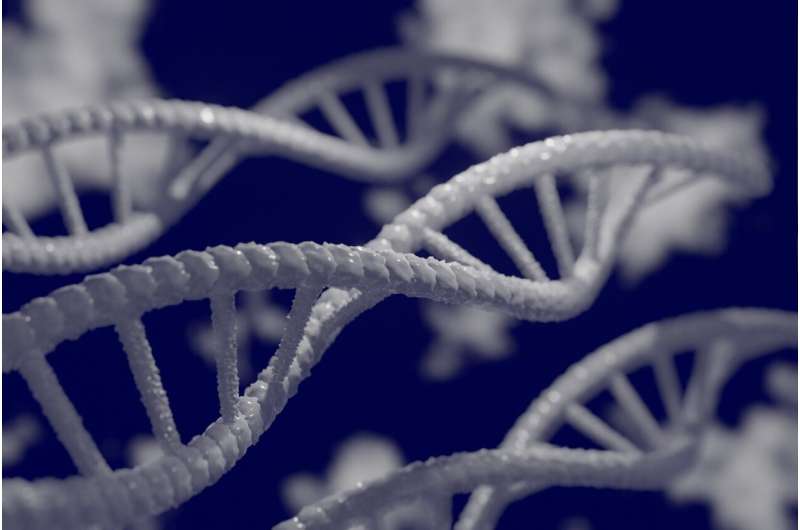One-Third of US Adults Unaware of the Link Between HPV and Various Cancers

A new study reveals that nearly one in three adults in the US are unaware of the link between HPV and various cancers, underscoring the need for increased awareness and vaccination efforts.
Recent research highlights a significant gap in awareness regarding human papillomavirus (HPV) and its role in cancer development among the American population. HPV is known to cause six different types of cancer, with nearly all cases of cervical cancer attributed to the virus. Additionally, HPV is now recognized as a major cause of oropharyngeal (throat) cancers, as well as anal, vaginal, vulvar, and penile cancers.
A study conducted by researchers at the Medical University of South Carolina, analyzing data from the Health Information National Trends Survey (HINTS), revealed that approximately one in three adults across the United States are unaware of HPV and the protective benefits of the HPV vaccine. The lack of awareness is especially pronounced in states in the Midwest and South, with over 40% of individuals in 13 states, including South Carolina, unfamiliar with the existence of an HPV vaccine.
Understanding the connection between HPV and cancer is crucial for making informed vaccination decisions. The HPV vaccine, first introduced in 2006, is highly effective in preventing infections and the subsequent development of HPV-related cancers. Research from both Europe and the U.S. demonstrates the vaccine's success in reducing cervical cancer incidence among young women, the first group to be vaccinated, with expectations that cancer rates will decline further as vaccinated cohorts age.
One of the key issues identified is the disparity in awareness about HPV's link to oropharyngeal cancer, which most people know less about than cervical cancer. Despite the inclusion of boys in vaccination programs, vaccination rates remain lower among males, partly due to misconceptions that HPV vaccination is solely for females. This misunderstanding hampers efforts to prevent HPV-related cancers in males.
The COVID-19 pandemic further impacted preventive healthcare measures, leading to declines in HPV vaccination and cancer screening efforts. While screenings for breast and colon cancers have rebounded, cervical cancer screening and HPV vaccination rates are still lagging. Experts express concern about the long-term implications of this disruption, emphasizing the importance of catch-up vaccination and screening to prevent late-stage cancer diagnoses.
Overall, increasing public awareness about HPV's role in multiple cancers and promoting vaccination in both genders are vital steps in reducing the burden of HPV-related cancers in the future.
Source: Medical Xpress
Stay Updated with Mia's Feed
Get the latest health & wellness insights delivered straight to your inbox.
Related Articles
Biological Factors May Increase Risk of Early and Aggressive Breast Cancer in Women of African Ancestry
Emerging research indicates that biological factors, including higher levels of PZP cells in breast tissue, may predispose women of African ancestry to early and more aggressive breast cancers, highlighting the need for personalized treatment approaches.
New Research Finds One in Twelve Patients with Multiple Cancers Have Inherited Genetic Risks
A groundbreaking study reveals that 1 in 12 patients with multiple cancers carry inherited genetic mutations, highlighting the need for broader genetic screening to improve cancer management and prevention.
Bacterial Sugar Production Promotes Intestinal Stem Cell Regeneration
New research from the University of Toronto reveals how bacteria-produced sugar, ADP-heptose, activates intestinal stem cell regeneration to repair the gut lining after injury, highlighting the microbiome's crucial role in gut health.



